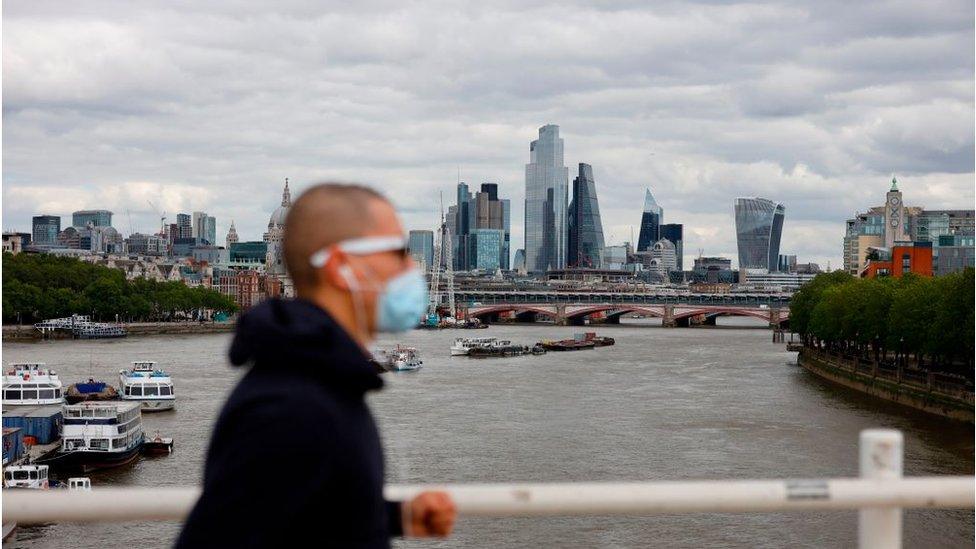Are UK companies strong enough for coronavirus?
- Published
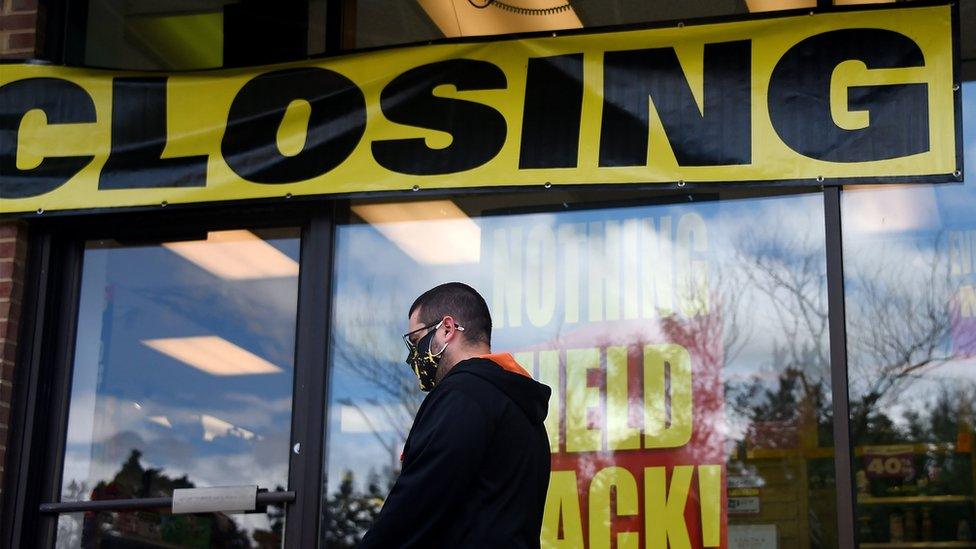
For years, financial experts have advised people to set aside money for a rainy day.
But recent research suggests companies in the UK and abroad may not have been following the same principles, with some large firms handing more money back to shareholders than they make in profits.
While few could have predicted the cause and severity of the current economic shock, which has left the UK economy 9.2% smaller, most economists will tell you that recessions come around eventually.
Research led by the University of Sheffield, external found that 28% of FTSE 100 companies spent more in dividends and on buying their own shares in the last financial year than they generated in net profits.
In the US, the figure was 37% of S&P 500 firms, and in Europe, 29% of the S&P Europe 350.
"The central problem is the firms paying out too much to the shareholders and this has left firms with too little in the way of reserves to manage this situation or indeed any potential downturn," said Prof Adam Leaver, who led the research.
His work also showed that companies have taken on large amounts of debt at the same time.
'Shouldn't be secret'
By law, companies may only pay out from what is called distributable reserves. It's supposed to be a fairly conservative calculation, excluding expected profits that haven't yet come in, and including expected losses.
The problem is determining what's actually there to distribute to preserve a company's financial reserves, says Natasha Landell-Mills, head of stewardship at investment firm Sarasin & Partners, which manages more than £15bn for investors.
She says that investors should know what reserves there are, and what can and can't be paid out to shareholders.
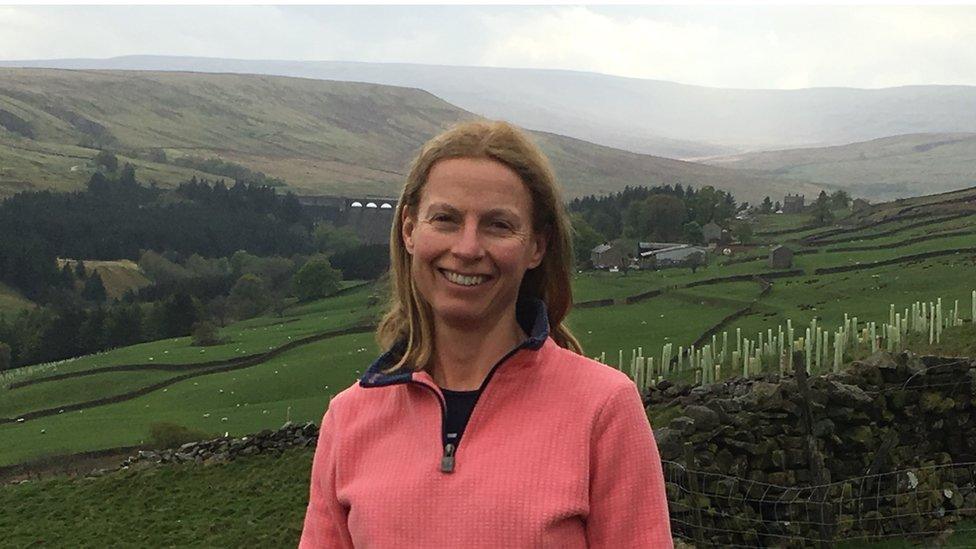
Natasha Landell-Mills says people's retirements are at stake
But large companies don't publish all the information necessary to accurately work it out.
"It shouldn't be secret," she said, especially after collapses including Wirecard, Thomas Cook, Carillion and Interserve. "If we don't demand transparency then we aren't doing our job."
The Financial Reporting Council, which regulates how companies publish their accounts, said research it conducted suggested that investors would like more disclosure on reserves and the affordability of dividends, and that companies must comply with the law in not paying illegal dividends out of capital.
However, any new rules on disclosures will be up to ministers, it said.
Scrapped payments
The Department for Business, Energy & Industrial Strategy insists it is looking into the matter, albeit as part of wider proposed reform.
"The UK's corporate governance regime is among the strongest in the world and we are considering a new distributable reserves disclosure requirement as part of our forthcoming consultation on audit reform," it said in a statement.
While many companies have cancelled dividends amid the coronavirus pandemic, some, including airline EasyJet, still made payments as the crisis unfolded, and notably the UK's largest banks had to be told to halt dividends by regulators.
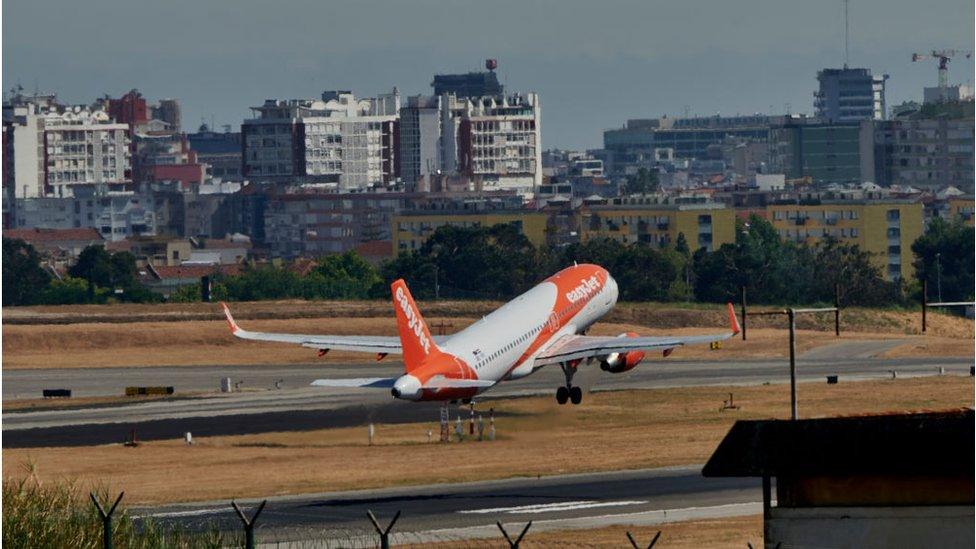
EasyJet made dividend payments early in the pandemic, but has since ceased paying them
Construction and outsourcing firm Carillion collapsed after paying out £333m more in dividends than it generated in cash between January 2012 to June 2017, according to a parliamentary report, external, which it put down to "aggressive accounting".
"It was paying out dividends and the stop should be company law," said Ms Landell-Mills. "It didn't stop because nobody seemed to be enforcing it."
"You are investing people's pension savings," she added. "You need to know where you are putting it is safe."
Short-termism
Prof Leaver says rules are being manipulated to increase shareholder payouts and that companies should retain more rainy day reserves.
Managers are acting for the short term and not the long term, he says.
For households, advice differs depending on personal circumstances, with three to nine months of salary often being suggested as a suitable financial buffer
For businesses, beyond capital maintenance rules, there's no such guidance.
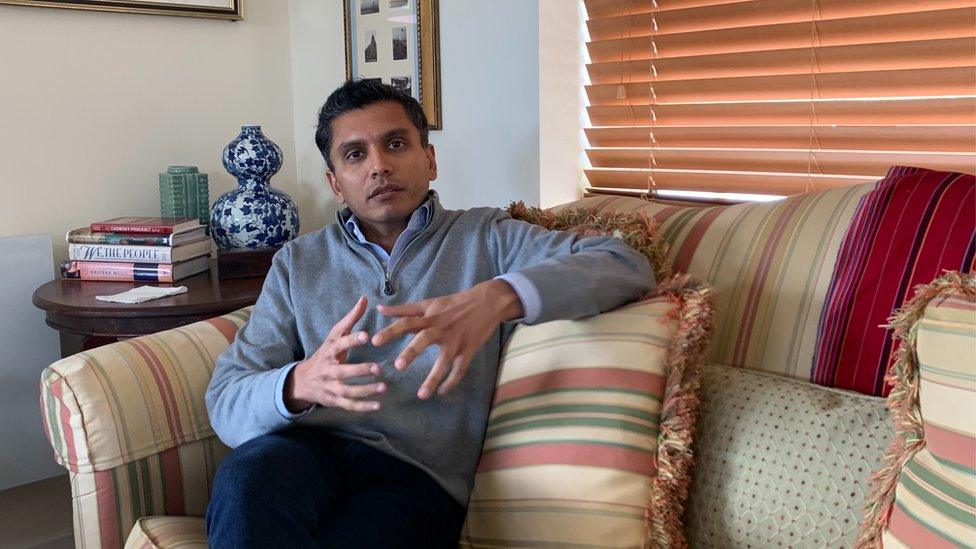
Prof Karthik Ramanna says some firms will need more of a cushion than others
That's not necessarily a bad thing, according to Karthik Ramanna, a professor of business and public policy at the Blavatnik School of Government at the University of Oxford, since different companies will have very different needs.
Businesses with longer-term projects to manage might need more money in reserve; for example shipbuilders, while a grocer taking delivery of vegetables in the morning and selling them hours later might need less.
"The concern I have with the capital reserves solution is that it's a very blunt instrument," he says, pointing to the larger reserves UK banks have had to hold in the wake of the financial crisis. British banks' performance has been muted ever since.
Still, he said, companies should make sure that they are taking on debt for the right reasons rather than to pay dividends. If they are borrowing to invest, this helps balance resilience with efficiency.
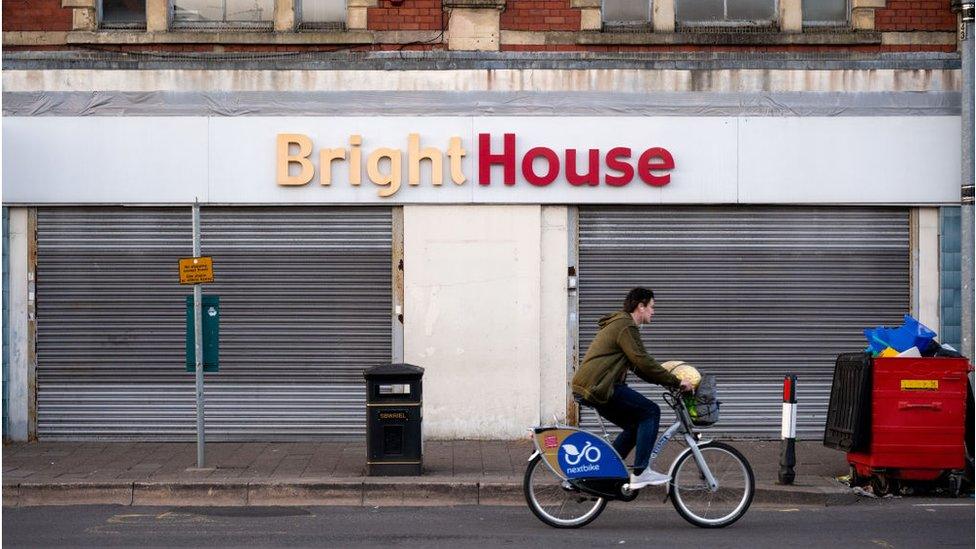
Rent-to-own retailer Brighthouse is among high street casualties. Many more companies have slashed jobs
"Excessive debt has played a role in this crisis and debt has been misused," he said. "But you don't want the government to be in the business of telling businesses how much debt they should be carrying."
So far, High Street businesses have borne the brunt, with chains such as Debenhams, Bright House and Laura Ashley entering administration this year, and employers have been aided by the government's furlough scheme and cheap loans.
According to the latest figures from the Office for National Statistics, external, 41% of UK businesses have less than six months of cash reserves, compared with 34% which have more than six months. However, more than a fifth of respondents said they weren't sure how much they had.
The risk, says Prof Leaver, is deeper and costlier recessions if companies don't have the savings to overcome shocks, be they related to the coronavirus pandemic, or anything else.
- Published20 May 2020
